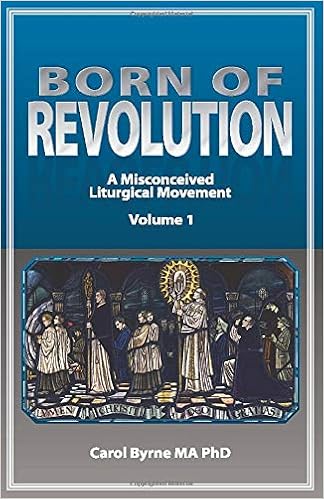I found this part interesting. Pius XII, the "Opener of the Vatican Gates" Pope.This study provides evidence that the 20th-century Liturgical Movement, inaugurated in 1909 by the Belgian monk Dom Lambert Beauduin, was not of genuine Catholic inspiration but inhabited an altogether different dimension, one that served the “ecuмenical” preferences of a certain group of liturgists with radical ideas for reform.
Their success in gaining the ear of Pope Pius XII was the precondition for that control-by-committee which would be the hallmark of all future developments in the liturgy. Many will be shocked to discover that these radical reformers were effectively given the power to dictate the reforms on the basis of their own views, which were rife with negative connotations against the traditional liturgy. Using “active participation” of the laity as their rallying cry, they spread the fiction that the faithful had been deprived for centuries of their right to take an active part in the liturgy, and that it was time for them to take back what they had been denied by a “dominant” clergy. By 1956, the stage was set for a paradigm shift in the role of the priest as the basis for a liturgical revolution.
